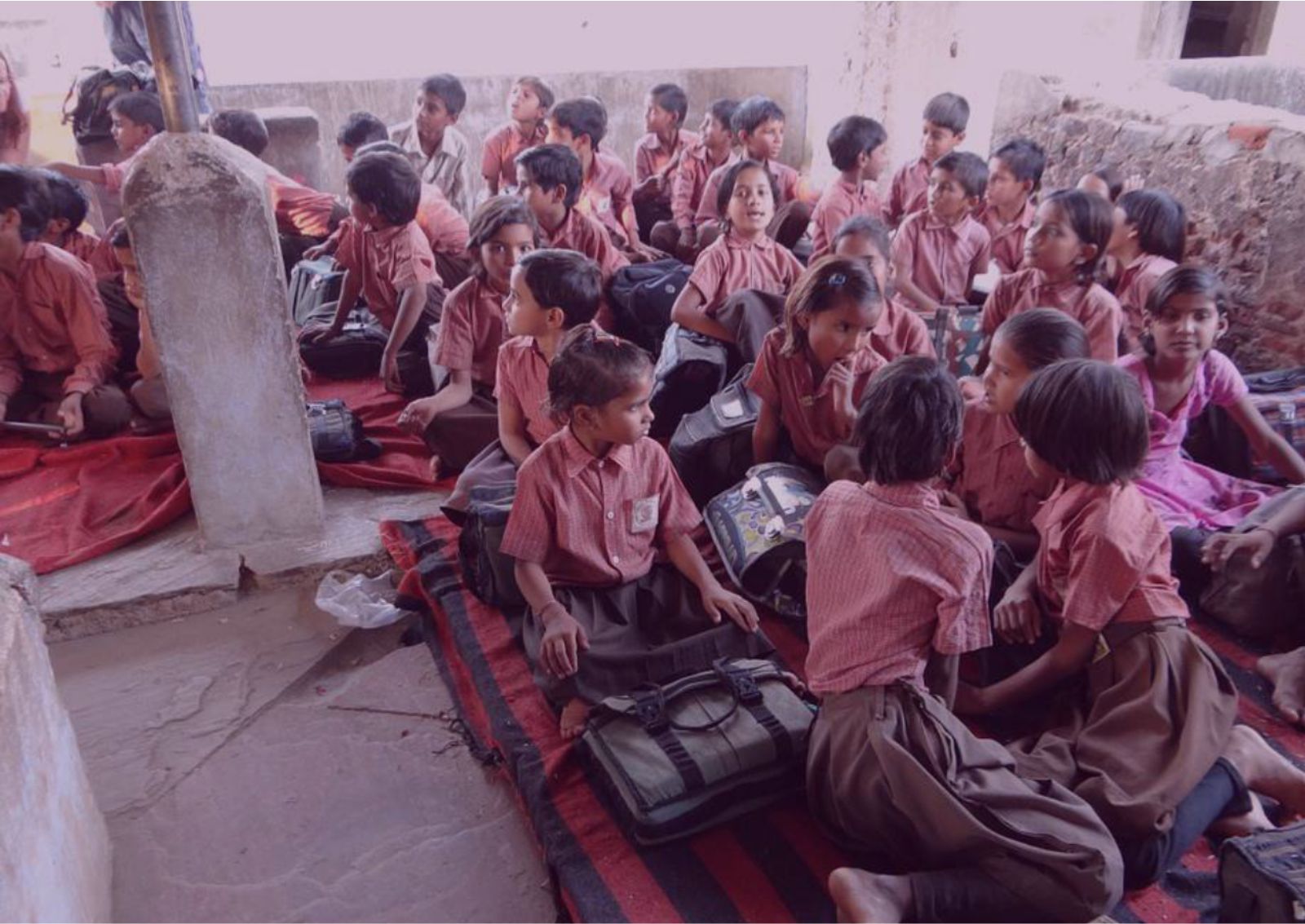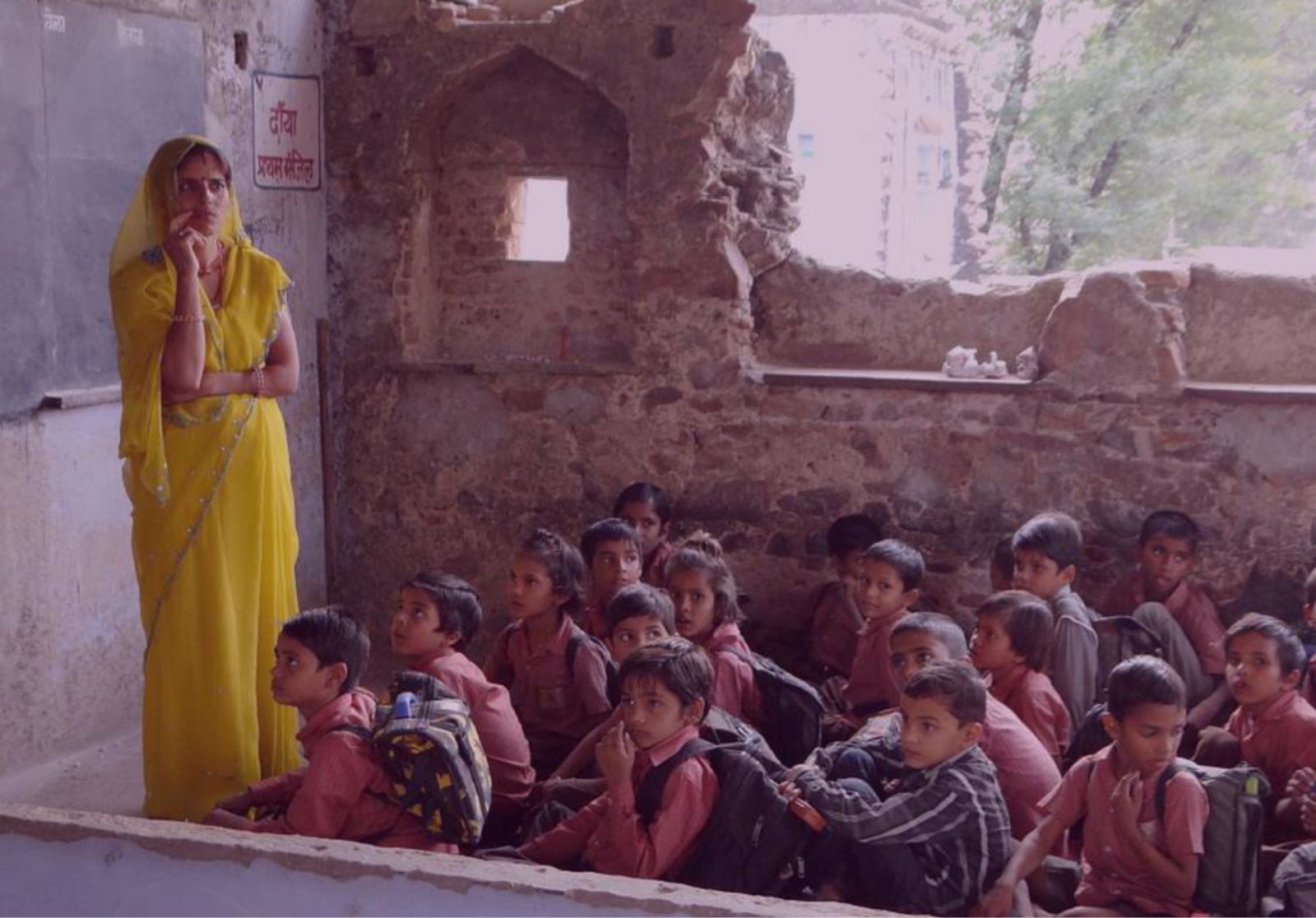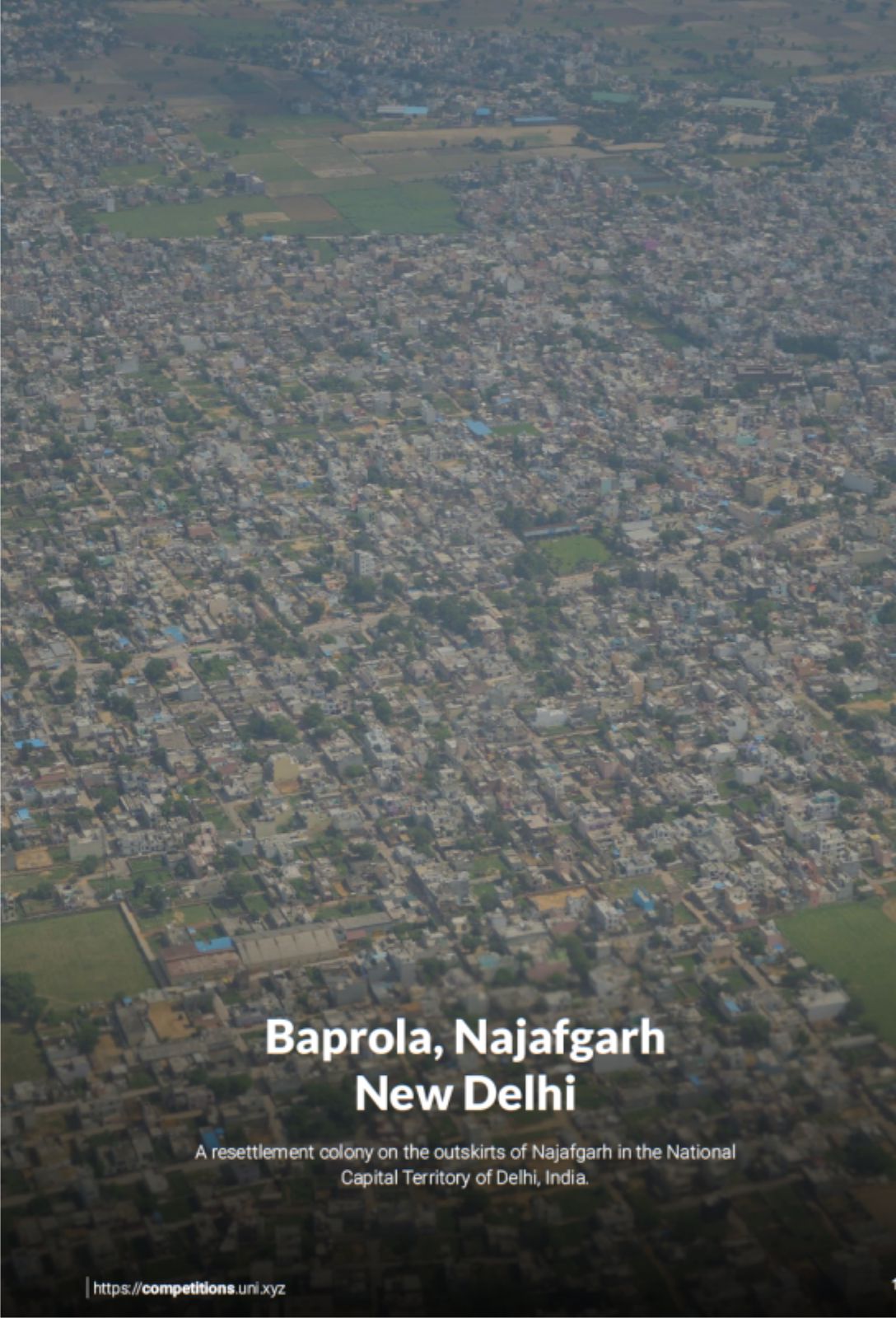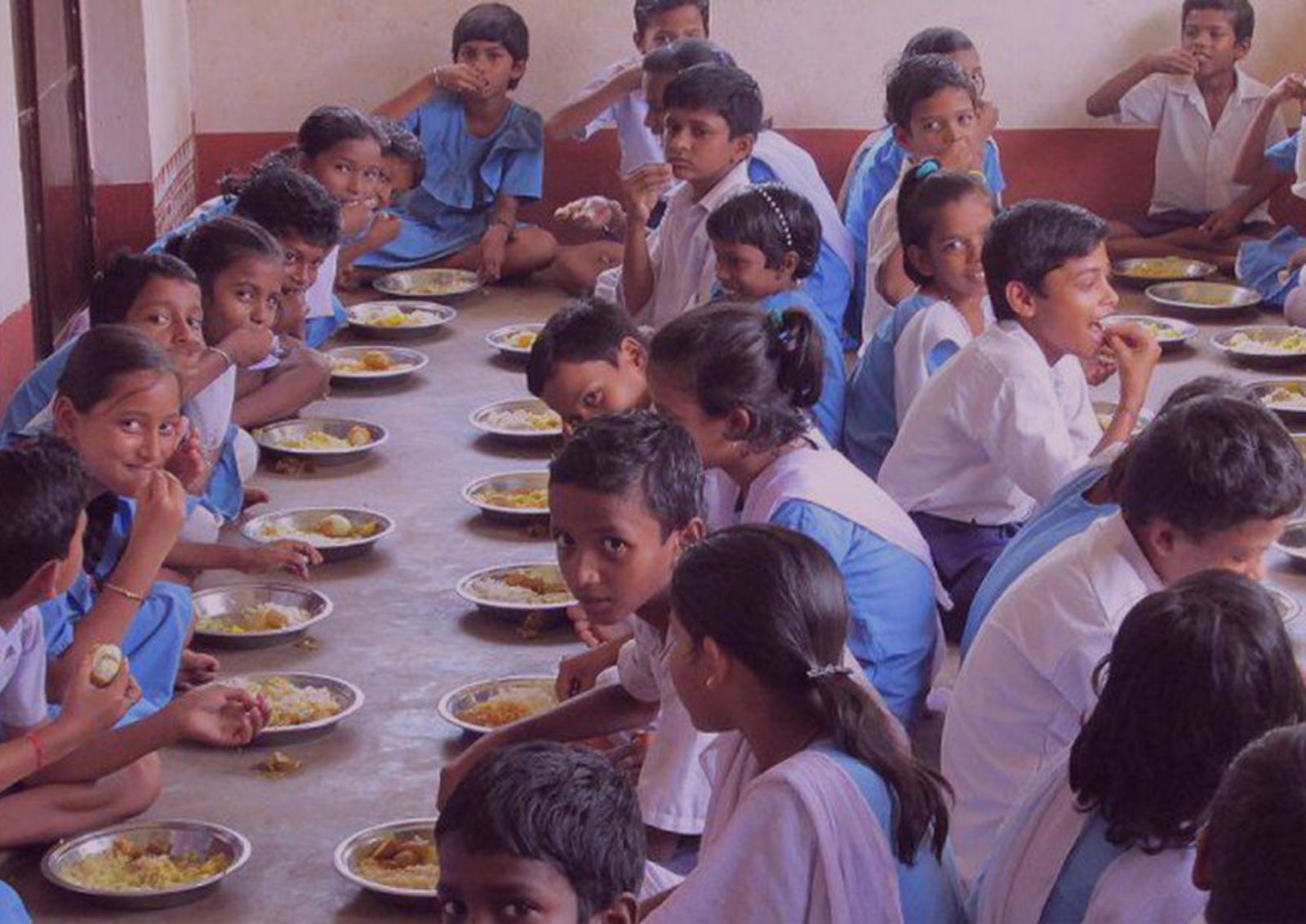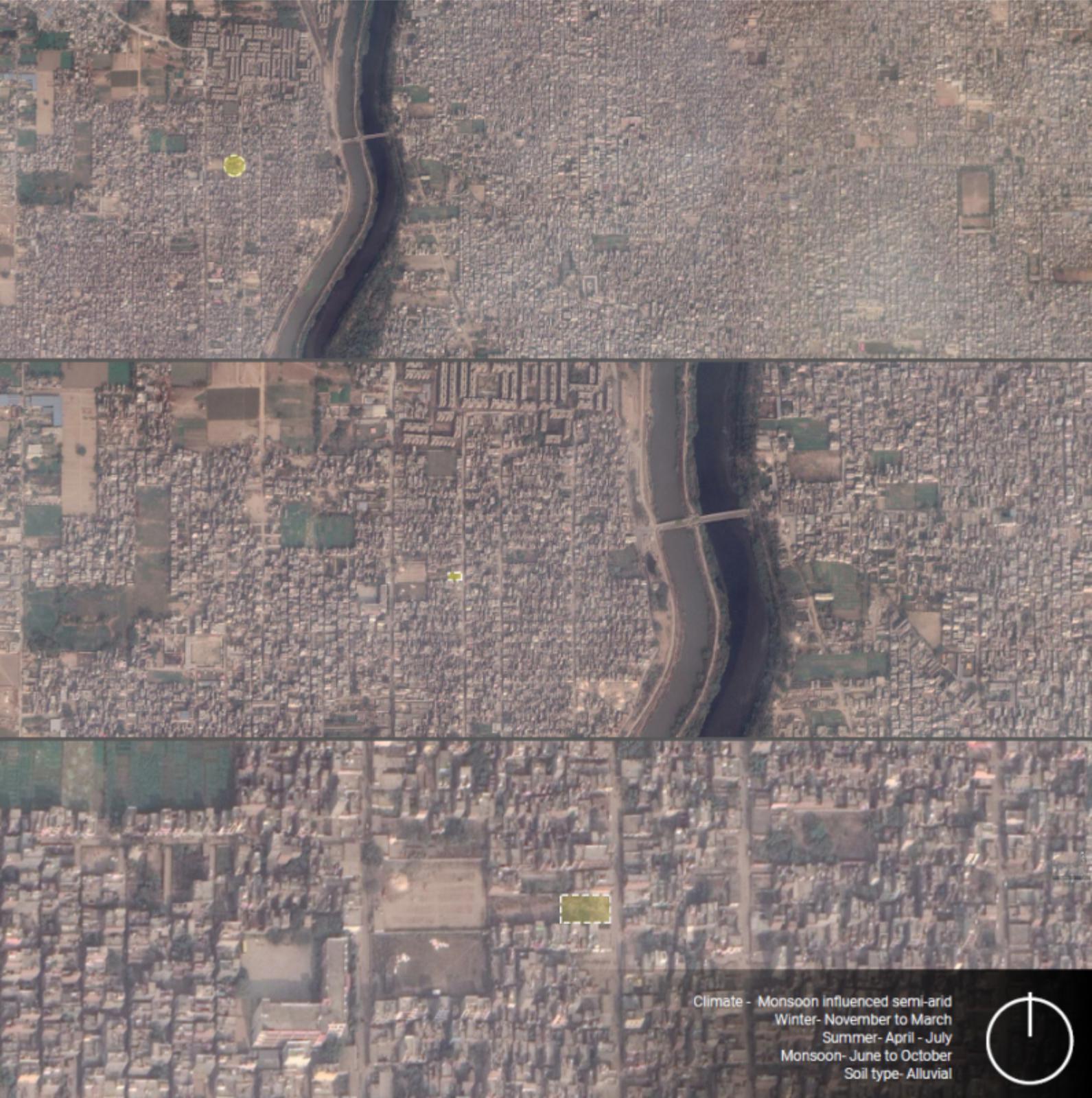Early childhood, universally defined to be from birth to age eight, is a stage when brain development is at its peak, and when children are highly influenced by the environment around them. Early Childhood Care and Education or Foundational Learning aims toward the holistic development of a child’s emotional, cognitive and physical needs in order to build a solid and broad foundation for lifelong learning and wellbeing.
Thereby nurturing caring, capable and responsible future citizens. Some of the skills that foundational learning strives to teach include concentration, visual and auditory perception, short term and long-term memory, reasoning and logical thinking, and fine and gross motor coordination among others.
Over the past two decades, India has seen the percentage of its children enrolled in school increase exponentially to become the largest education system in the world, however, today it is in the midst of a Learning Crisis where a large percentage of children enrolled in primary school are failing to attain even basic skills such as foundational literacy and numeracy.
The Annual Survey of Education Report (ASER) and the National Achievement Survey(NAS ) reiterate this, identifying foundational learning to be the most critical gap. At the same time the national level Integrated Child Development Services (offering education and health care services for children aged six and their mothers) is unable to deliver expected results, with gaps having been found to be at the early education level.
Challenge
Can design offer a solution? Could it bring in an increased sense of inclusiveness and community thereby increasing participation? Could well designed spaces help achieve the goal of improving learning outcomes? Would economically sustainable options mean implementation on a larger scale, and in turn more reach? Can this model be replicated all across the country?
Design Challenge: Design a compact, modular unit which hosts an early educational and health care programme (pre-school) for children and their mothers.
Site
As cities grow to accommodate growing populations, so do the rates of urban poverty. With world class cities (highways, technology parks and high-rises) being the paradigm of urbanization and progress, we forget about the increasing occurrence of forced evictions and clearing of low- and mixed-income neighbourhoods for the sake of developmental projects, made worse by the severe crunch in urban housing.
These systematically evicted urban poor are relocated (often to the fringes of the city), where they have no access to adequate housing, basic services, livelihoods, education or healthcare. One such example is Baprola, on the outskirts of the country capital of Delhi. Located in the midst of a resettlement colony, this linear site dictates the materiality and the technique that the design would follow, contextually calling for a modular solution and use of passive design strategies. Source and images Courtesy of competitions.uni.
- Timeline
- Launch: March 13, 2020
- Registration closes: 28th Sep 2020
- Submission Deadline: 6th Oct 2020
- Result Announcement: 3rd Dec 2020
- Prizes
- Prize pool of worth: 20,000$
- First Prize: 5000$ (For students and professionals)
- Runner Up: 6 x 1100$ (For students and professionals)
- People’s Choice: 4 x 600$ (Open for all)
- Honourable Mention: 12 x 500$ Each



